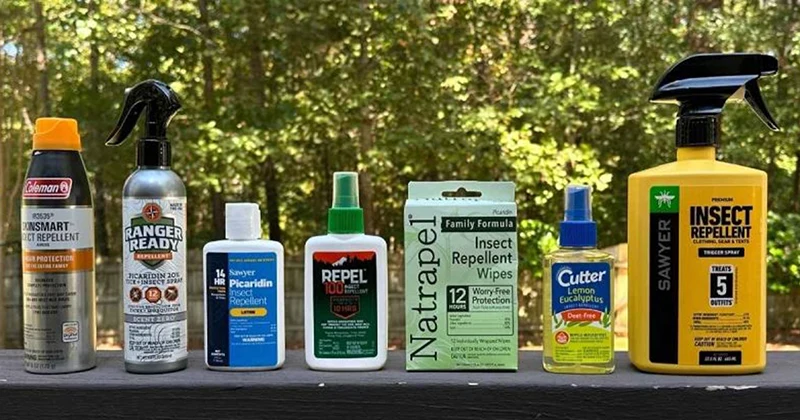MSN US: These Are the Tick Bite Symptoms You Need to Know, According to Experts
MSN US: These Are the Tick Bite Symptoms You Need to Know, According to Experts

MSN US: These Are the Tick Bite Symptoms You Need to Know, According to Experts
YouTube video highlight
These Are the Tick Bite Symptoms You Need to Know, According to Experts
Read more about the projectThese Are the Tick Bite Symptoms You Need to Know, According to Experts
When you find a tick crawling through your hair or stuck to your skin, two thoughts probably pop into your mind mind immediately: How do I get this thing off of me? And: Should I be freaking out right now?
Good news: The majority of tick bites are painless or only cause a little redness, itching, and swelling. They can be treated at home by removing the tick and cleaning the area.
However, with increasing rates of tick-borne diseases, per the Centers for Disease Control and Prevention, it's understandable to feel concerned about a close call. Generally, it takes a tick at least three days to transmit Lyme disease, though some other infections can be passed on within a few hours or minutes, according to the Mayo Clinic.
If you plan to spend lots of time in your backyard or hiking this spring and summer, it helps to be able to differentiate between mild and serious symptoms of a tick bite—and how to avoid these creepy crawlers in the first place. Original article written by Lauren Krouse on MSN's website.
MSN US: These Are the Tick Bite Symptoms You Need to Know, According to Experts


These Are the Tick Bite Symptoms You Need to Know, According to Experts
When you find a tick crawling through your hair or stuck to your skin, two thoughts probably pop into your mind mind immediately: How do I get this thing off of me? And: Should I be freaking out right now?
Good news: The majority of tick bites are painless or only cause a little redness, itching, and swelling. They can be treated at home by removing the tick and cleaning the area.
However, with increasing rates of tick-borne diseases, per the Centers for Disease Control and Prevention, it's understandable to feel concerned about a close call. Generally, it takes a tick at least three days to transmit Lyme disease, though some other infections can be passed on within a few hours or minutes, according to the Mayo Clinic.
If you plan to spend lots of time in your backyard or hiking this spring and summer, it helps to be able to differentiate between mild and serious symptoms of a tick bite—and how to avoid these creepy crawlers in the first place. Original article written by Lauren Krouse on MSN's website.
MSN US: These Are the Tick Bite Symptoms You Need to Know, According to Experts


These Are the Tick Bite Symptoms You Need to Know, According to Experts
When you find a tick crawling through your hair or stuck to your skin, two thoughts probably pop into your mind mind immediately: How do I get this thing off of me? And: Should I be freaking out right now?
Good news: The majority of tick bites are painless or only cause a little redness, itching, and swelling. They can be treated at home by removing the tick and cleaning the area.
However, with increasing rates of tick-borne diseases, per the Centers for Disease Control and Prevention, it's understandable to feel concerned about a close call. Generally, it takes a tick at least three days to transmit Lyme disease, though some other infections can be passed on within a few hours or minutes, according to the Mayo Clinic.
If you plan to spend lots of time in your backyard or hiking this spring and summer, it helps to be able to differentiate between mild and serious symptoms of a tick bite—and how to avoid these creepy crawlers in the first place. Original article written by Lauren Krouse on MSN's website.
























































































































